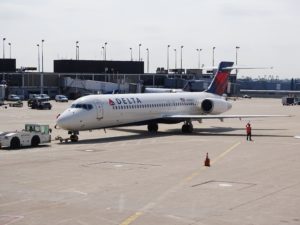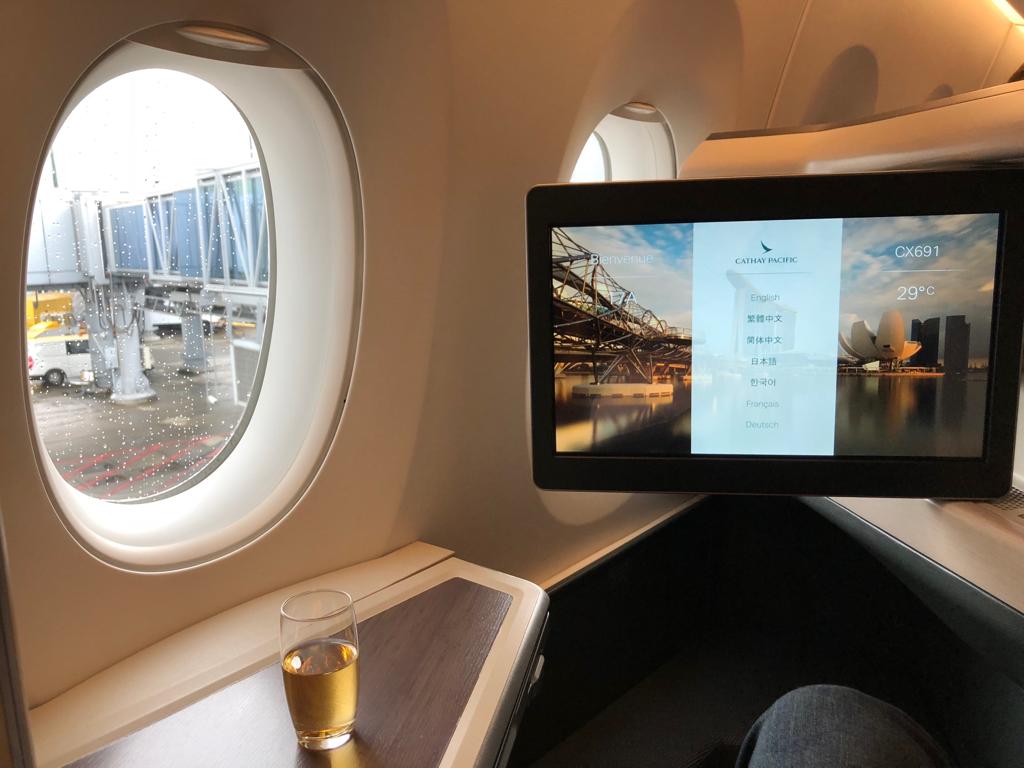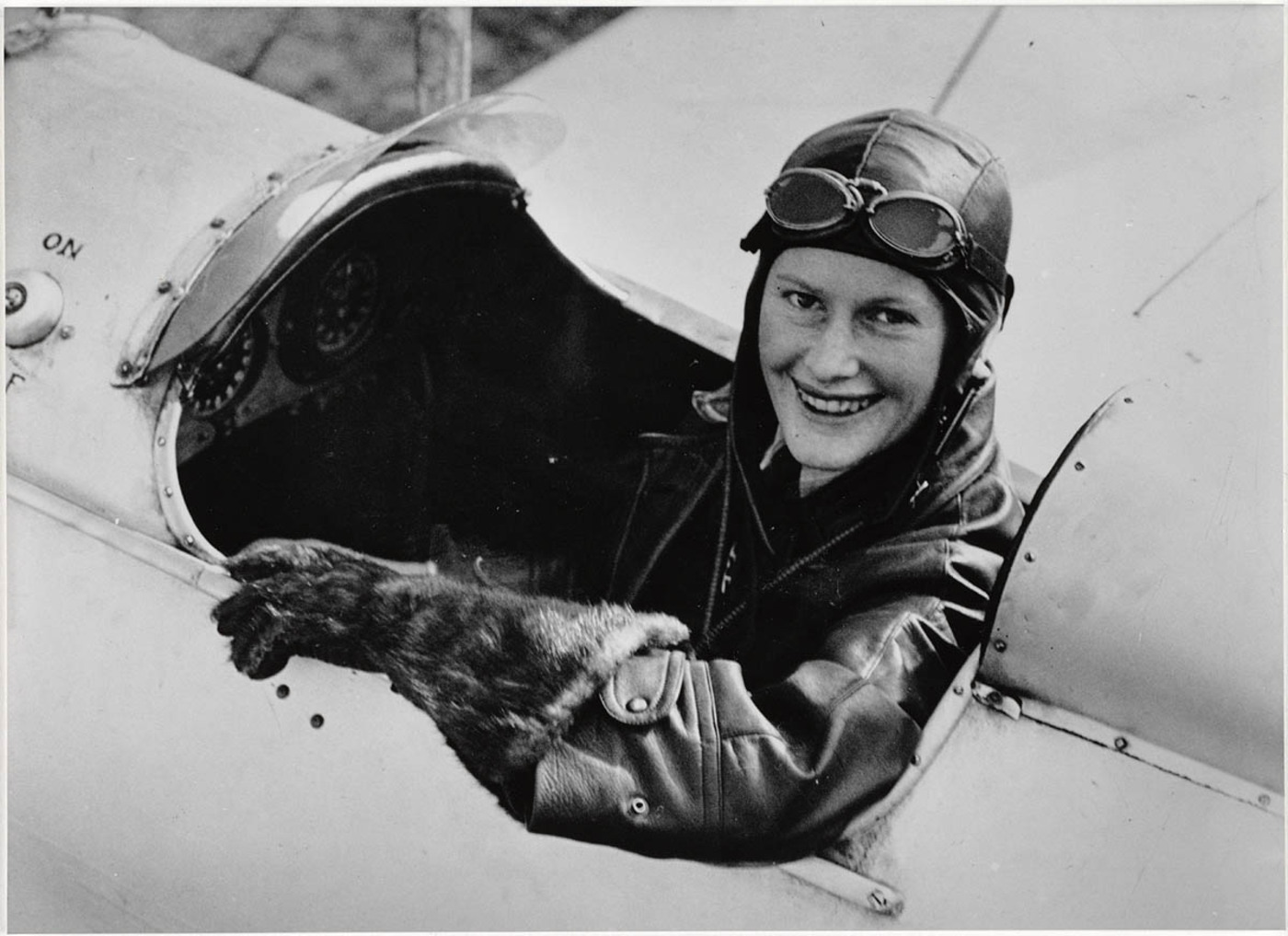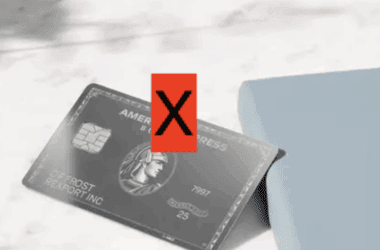Loyalty programs have been changing for a while. As someone who loves traveling the world for a fraction of the cost using miles and points, it’s always a painstaking effort to keep track of all the recent developments. A lot of people don’t sign up for loyalty programs primarily because they have the perception that these programs are way too complex and because they eat up way too much time on their schedule.
This recent piece by Skift got me thinking about a few aspects about loyalty programs. A couple of excerpts from the article stood out for me:
Lack of Innovation

“We’re in an era of copy-and-paste loyalty programs. Cowed by active investors and afraid of straying too far from the pack, operators of today’s airline, hotel, and car loyalty programs run the conservative game of offering nearly the exact same thing that the competition delivers.”
Devaluations have greatly decreased the value of programs. Instead of trying to innovate, brands are starting to just copy from competitors. United and Delta are prime examples of loyalty programs undergoing changes just to end up becoming more like each other, to the detriment of customers. The fact that basic economy has been rolled pretty much across all the major US airlines is testament to the fact that a lot of these programs are becoming similar instead of standing out. Revenue based programs are primarily benefiting a lot of business travelers at the cost of leisure travelers.
Navigating through complexity

“The problem with loyalty programs today is that they have become too complicated and it often seems like a bait and switch,” said Michael Trager, who runs TravelZork, a website dedicated to loyalty programs. “Promises of free flights to great destinations often require way too much work or are impossible to book. Not to mention, most want to use their miles for family and leisure travel. This means they are trying to travel during peak periods. It’s very difficult for a family to be flexible, when they have to book (for example) during Easter break.”
I largely agree with this assessment. In a way, more the miles in circulation (by way of credit card bonuses), the more they’re redeemed by consumers. It eventually leads to a situation where loyalty programs take stock of the situation and are left with two options. Either gut the way the miles are earned, or change the way and value at which the miles are redeemed.
Revenue Based Programs

Revenue based programs have become a punching bag for miles and points aficionados. Delta and Hilton are prime examples of what has happened to the value of loyalty program currencies once they’ve pretty much switched to revenue based programs. Delta even got rid of award charts completely. Forget Airlines or Hotels, even Starbucks switched to a revenue based program a few years back.
The end of loyalty?
If you’re a hub captive, then airline loyalty might still mean a lot to you. I’m not a hub captive and I’m totally done being loyal to one particular airline for most of my domestic travel. My domestic airline travel is determined primarily by a set of four factors, namely leg room, travel duration, on-time performance and customer service. In an era of copy and paste, if price is a primary determining factor in your travel decisions, then loyalty is a hard sell.
Complexity can be rewarding

As mentioned in the Skift article, loyalty programs are becoming even more complex with time. However, please don’t doubt the amount of value that can be mined from these programs. Delta and Hilton often get their share of criticism (quite fairly), but there is still value that can be mined.
In an upcoming post, I’ll outline how there’s still a lot of value to be extracted from the Hilton Honors program. Yes, one night at a top tier Hilton can cost you upwards of 95,000 Hilton Honors points per night, but there are still a lot of sweet spots that you can hit for just 10-20,000 Hilton Honors points per night. If you use it smartly, a single sign-up bonus of 100-150,00 Hilton Honors Points from one of the many Amex Hilton Honors credit cards can yield you anywhere up to just 1 to 15 free nights.
The Pundit’s Mantra
Businesses don’t exist in vacuum. They exist in the midst of stiff competition and in a race to make profit. I’m massively dismayed by the recent changes that loyalty programs have undergone. My take is that the more revenue based they get, the less they encourage loyalty. However, as savvy travelers, it’s our job to find the sweet spots and hit them in order to achieve our goals. Loyalty programs are getting more complex and more difficult to decipher. But like most things in life, cracking the most complex things often gives you the best reward.
Are you still loyal to a particular airline or hotel program? Have recent devaluations changed your behavior?
Flexoffers













Here’s how to win loyalty, give above the line service!
https://edition.cnn.com/travel/article/pilot-serves-pizza-to-stranded-passengers-trnd/index.html?utm_source=feedburner&utm_medium=feed&utm_campaign=Feed%3A+rss%2Fcnn_latest+%28RSS%3A+CNN+-+Most+Recent%29
This is a great story. These are small gestures that go a long way in building loyalty. Customers really tend to remember and appreciate it even more when companies go the extra mile to take care of them.
I am a hub captive so my thinking about loyalty programs is: there’s value that you’re leaving on the table by not using them. Therefore, I sign up for everything there is but actively put the time and mental energy only where my “must-dos” (business, real life) are sufficient to build up some usable value. When that happens, I do go the extra mile to get the missing XPs (FlyingBlue) or book the extra night for more points. Since I don’t have too much choice of providers, the option to stick to the available loyalty programs is an easy one.
Hi Lucas,
Thanks for reading TPP. Yes, a lot people leave money on the table by just not signing up for or by not using loyalty programs. And yes, if you’re a hub captive, then it makes sense to stick one particular airline and maximize value in terms or airfare, status and other benefits.
Well said, many join this game for those EPIC redemption in the Maldives or some post-card-eqsue destination in order to gain the maximum amount of CPP, but like you mentioned, there are many other hidden cities and smaller less noticed countries that are also exceptionally for redemption for up to weeks for free stays.
Hi Bern,
Thanks for reading TPP. I agree with you. I’ve done both ends of the spectrum and there’s merit to doing that lavish once-in-a-lifetime trip as well as a stay that’s just 5k points per night. All depends on your travel goals. Airlines and Hotels are changing valuations and as people who love travel, we have to find a way to adapt, change strategy and still find a way to maximize the miles/points we have.